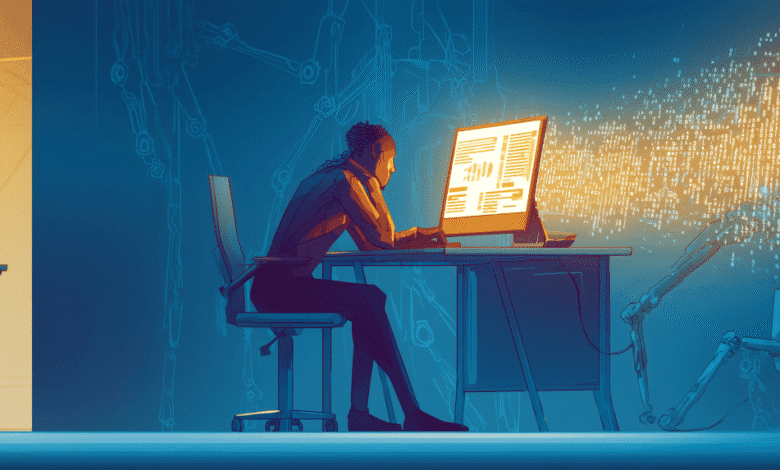OpenAI’s Codex AI Now in Preview for Developers — Supports Parallel Tasks

▼ Summary
– OpenAI has launched a new cloud-based AI software engineering agent, Codex, built on a fine-tuned version of its o3 reasoning model, competing with tools like Windsurf and Cursor.
– The new Codex can autonomously execute multiple development tasks (e.g., writing features, fixing bugs) and is available for ChatGPT Pro, Enterprise, and Team users, with broader access coming soon.
– Unlike the original Codex (2011), which focused on code generation, the new version operates in a secure sandbox, logs actions, and supports project-level configuration via AGENTS.md files.
– OpenAI positions Codex as a collaborative “virtual coworker,” with early adopters like Cisco and Temporal using it for tasks like debugging and test writing.
– The release signals OpenAI’s focus on building rather than acquiring AI coding tools, despite earlier reports of potential acquisitions like Windsurf.
OpenAI has unveiled a major upgrade to its Codex platform, transforming it from a code-generation tool into a full-fledged AI software engineering assistant capable of handling multiple development tasks simultaneously. The enhanced system, now available in preview for ChatGPT Pro, Enterprise, and Team users, represents a strategic push into the competitive AI coding tools market.
Built on a refined version of OpenAI’s reasoning model, the new Codex operates as an autonomous cloud-based agent that can write features, debug code, run tests, and even submit pull requests—all within secure, isolated environments. Unlike its predecessor, which focused solely on code completion, this iteration handles entire workflows while maintaining detailed logs for review.
The interface integrates directly into ChatGPT through a sidebar, where developers can assign tasks or pose questions. Codex then works independently, referencing project-specific AGENTS.md configuration files to maintain coding standards and project requirements. According to OpenAI’s internal benchmarks, the system outperforms all existing reasoning models on software engineering tasks.
Security remains a priority—Codex operates without internet access, using only provided codebases and dependencies. Early adopters like Cisco and Kodiak already employ it for accelerating development cycles and improving code reliability. A lightweight CLI version, optimized for local use, accompanies the release.
Pricing starts at $1.50 per million input tokens, with output tokens at $6 million, though the tool remains free during the preview phase. The launch follows reports of OpenAI’s potential acquisition of coding startups like Windsurf, though the company declined to comment on any pending deals.
For development teams, Codex promises more than automation—it aims to redefine collaboration between engineers and AI. As one OpenAI executive noted, “We’re shifting from real-time pairing to full task delegation.” With plans for deeper GitHub and CI/CD integrations, the platform could soon become a staple in modern software workflows.
The timing coincides with surging demand for AI coding assistants, with industry data showing a 75% increase in developer tool traffic this quarter. Whether competing with or acquiring rivals, OpenAI’s message is clear: the future of coding involves AI agents working alongside humans at scale.
(Source: VentureBeat)





